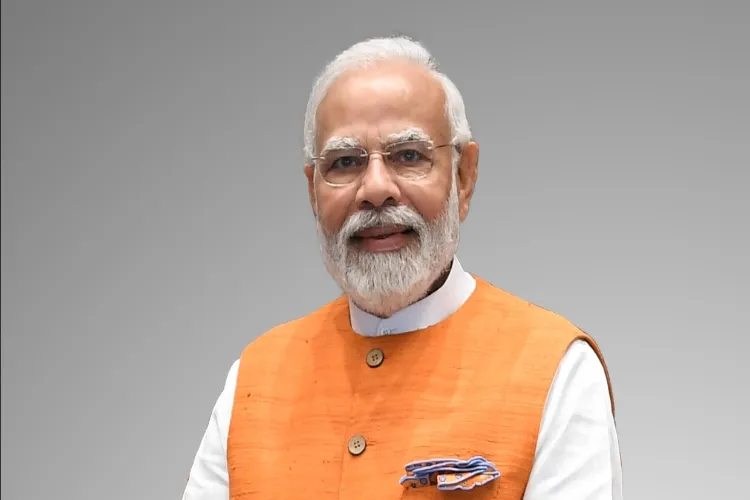
Thiruvananthapuram/New Delhi
Prime Minister Narendra Modi on Tuesday met a delegation of senior bishops from the Syro-Malabar Church in the national capital and assured them of all possible help and support from the Centre.
BJP Kerala president Rajeev Chandrasekhar, who was present at the meeting, said that the PM told the delegation, led by Syro-Malabar Church head Major Archbishop Raphael Thattil, that "I am always at your service".
Chandrasekhar told reporters in Delhi that it was a courtesy visit during which discussions were "generally" held on the issue of minority rights.
He said that PM Modi very clearly said that the BJP and the central government are ready to work for whosoever comes seeking help.
The BJP leader said that everything should not be seen "through the political prism".
"We are a government and a party that works for everyone, everywhere. That is what the Modi government has shown in the last 10 years. We do not see everything through a religious prism. Everything is not political," Chandrasekhar said.
When reporters asked why BJP-ruled states allegedly witnessed the most attacks on Christians and other minorities, he said that it was "wrong" to "generalise" it like that.
He said that there were laws in place and courts to enforce them, and therefore, any such issues would be resolved.
The BJP leader said that during the discussions with the delegation, there were no talks about inviting the Pope to India or the attacks on nuns in Chhattisgarh.
The delegation's visit comes after the Kerala-based Syro Malabar Church expressed strong concern over a recent Chhattisgarh High Court ruling that upheld the installation of signboards in certain villages prohibiting the entry of pastors and converted Christians.
READ MORE: Anwarul Haq used football to change the lives of village children
In a Facebook post, the influential Catholic Church described the development as "the most divisive boundary the country has seen since Partition," alleging that it marks a new form of "religious discrimination" in secular India.
